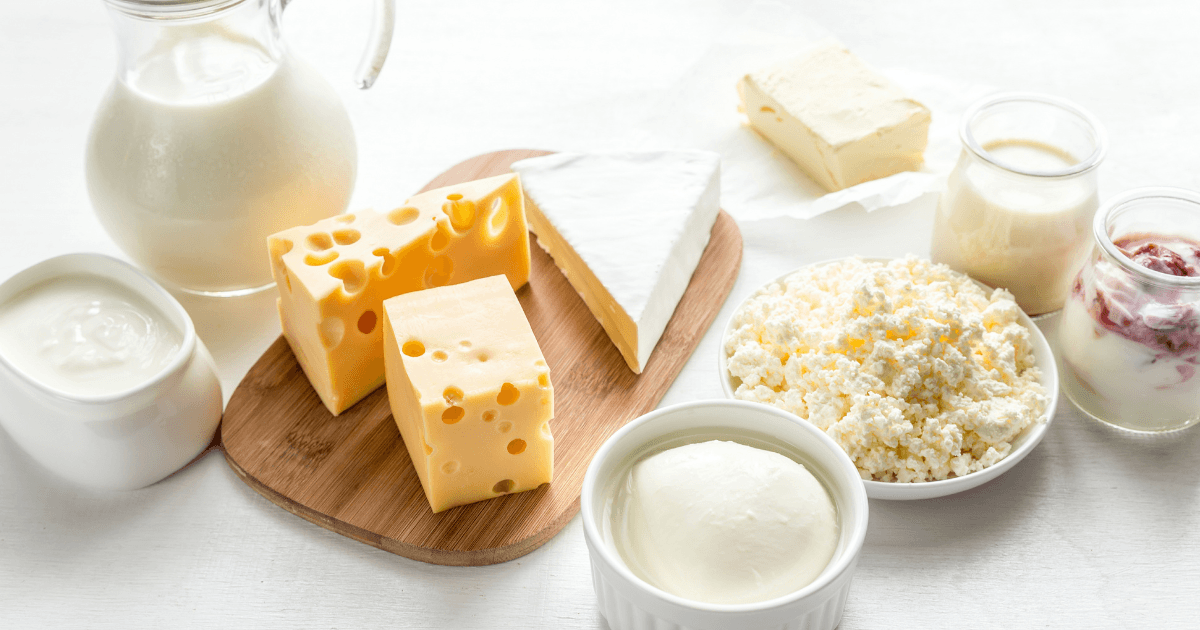Importance of whey protein in nutrition
Whey protein is a heterogeneous mixture of proteins. Whey proteins are made up of different protein fractions. Cow (Bos taurus) milk contains 3.5% protein, of which 80% is casein and 20% whey protein. Whey protein has a biological value (BV) of 104, while casein has a biological value (BV) of 77. On the other hand, BV of total milk protein – 91[33]. BV is a coefficient that shows how much of the protein absorbed in the body’s intestinal tract is consumed for the creation of new proteins, but not for energy needs [34].Most whey proteins are compactly coiled globular molecules that are mainly hydrophobic and linked by peptide bonds [30]. Properties of whey proteins: β-lactoglobulin: The biological role of β-lactoglobulin has not been fully elucidated. It is known that it performs a transport function – the molecule contains a hydrophobic part that can bind vitamins A and D, Ca2+ and fatty acids, as a result of which their reabsorption in the body is facilitated [21]. β-lactoglobulin participates in the regulation of phosphorus metabolism in the cow’s mammary gland [21]. β-lactoglobulin can also bind mutagenic heterocyclic amines, thus providing a kind of protection against their carcinogenic nature [20]. β-lactoglobulin is the […]



